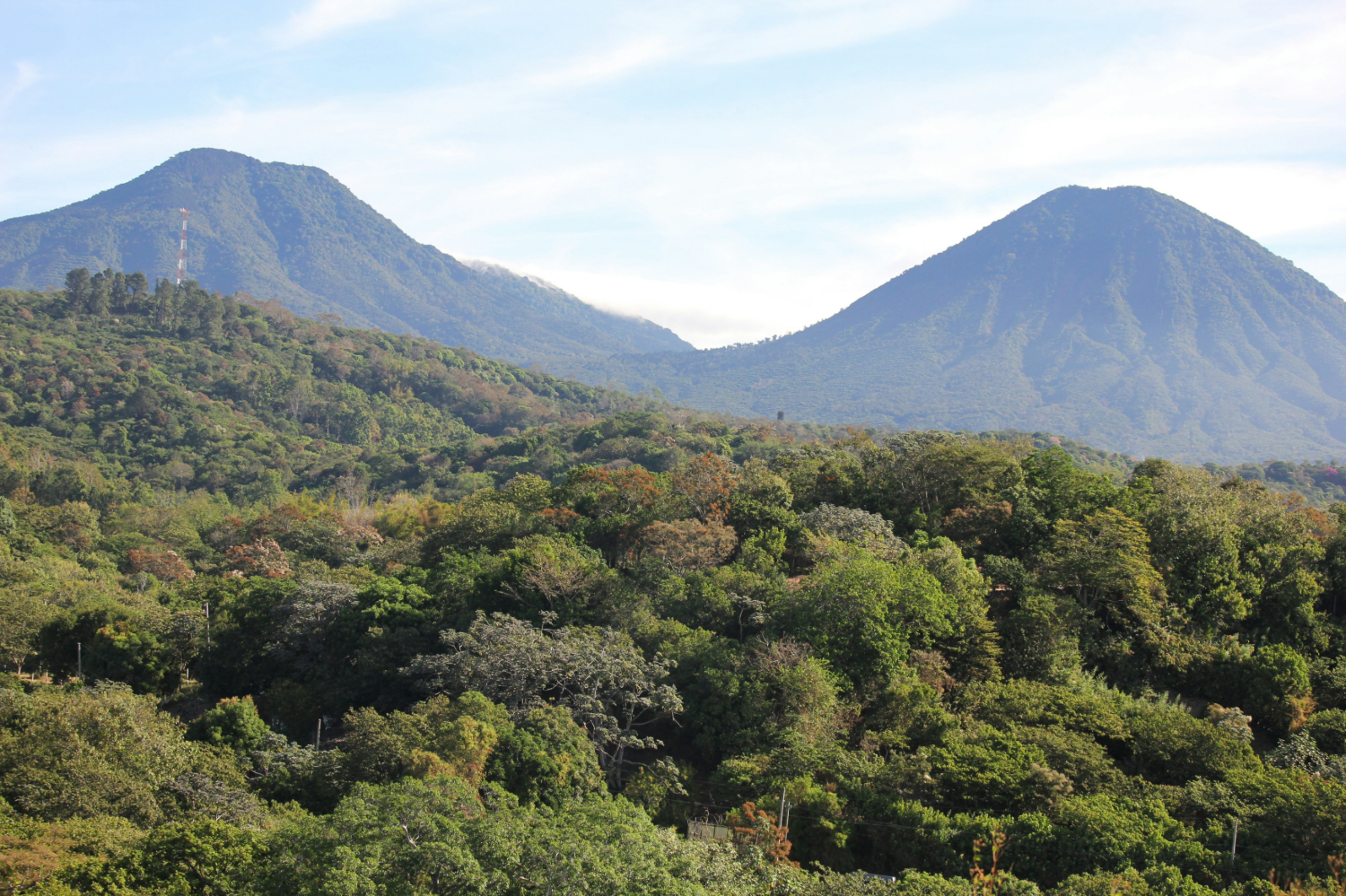Now Reading: Giving nature breathing room builds climate resilience
-
01
Giving nature breathing room builds climate resilience
Giving nature breathing room builds climate resilience

Sponsored by the Adaptation Fund. Visit our transparency page to understand this further.
As the 55th Earth Day approaches, the world is facing unprecedented environmental challenges, with risks such as extreme weather, species decline, deforestation, and water insecurity escalating due to climate change. Scientists and policymakers recognize the interconnected nature of these threats, emphasizing the importance of addressing them collectively. Actions like increasing forest cover can help stabilize rainfall patterns and reduce carbon emissions.
Communities worldwide are increasingly turning to “nature-based solutions” to combat emerging challenges to their livelihoods and local environments. One notable initiative is a project in El Salvador’s South Ahuachapán region, supported by the Adaptation Fund, aimed at enhancing climate resilience through land restoration, efficient water management, and climate-smart agriculture practices. By restoring degraded land and implementing agroforestry techniques, the project is helping smallholder farmers adapt to climate shocks and improve their livelihoods.
Through specialized technical assistance and training, local communities have adopted sustainable practices such as diversified agriculture and improved water management. These efforts have not only enhanced climate resilience but also generated economic benefits, reducing dependency on traditional monocultures. By promoting efficient water use and collecting climate data, the project is equipping farmers with tools to adapt to drought conditions. Such initiatives are crucial for building resilience in the face of climate change and improving quality of life for vulnerable populations.
With over 30,000 people in rural areas set to benefit from conservation techniques, the project is expected to serve as a model for climate-resilient agriculture in other regions. By restoring landscapes and empowering communities, this approach demonstrates the potential for durable resilience in climate action. Embracing nature-based solutions like forest conservation and sustainable water management can offer effective strategies to address global warming and safeguard both the environment and human well-being.





